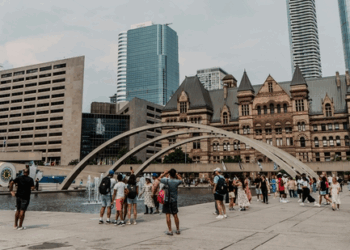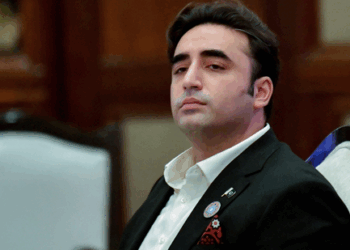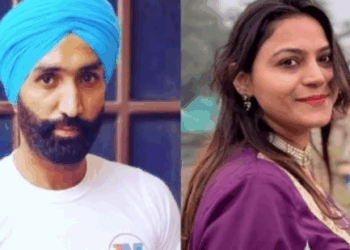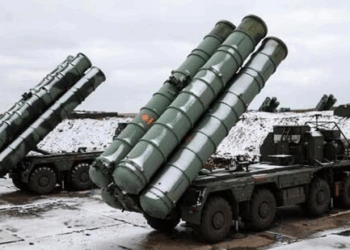In the aftermath of heightened military tensions between India and Pakistan, both nations have dispatched high-profile delegations to the United States, aiming to sway international opinion and garner support for their respective positions.
India’s delegation, led by Congress MP Shashi Tharoor, includes members from various political parties, such as BJP’s Bhubaneshwar Kalita and Shiv Sena’s Milind Deora, along with former diplomat Taranjit Singh Sandhu. After visits to Guyana, Panama, Colombia, and Brazil, the team is scheduled to arrive in Washington on June 3. Their mission is to engage with U.S. lawmakers, members of the Trump administration, and influential Congressional committees to highlight India’s stance on terrorism and its recent military actions, notably Operation Sindoor.
Concurrently, Pakistan has sent a nine-member delegation headed by former Foreign Minister Bilawal Bhutto-Zardari.This team comprises prominent figures like Hina Rabbani Khar, Sherry Rehman, Khurram Dastgir Khan, and former foreign secretaries Jalil Abbas Jilani and Tehmina Janjua. Their itinerary includes visits to New York, Washington, London, and Brussels, where they plan to meet with United Nations officials and members of the Organization of Islamic Cooperation (OIC) to present Pakistan’s perspective on the recent conflicts and to counter India’s narrative.
While it’s uncertain if the Indian and Pakistani delegations will cross paths in the same cities, both Tharoor and Bhutto-Zardari are recognized for their diplomatic acumen and media engagement skills. Their simultaneous presence in the U.S. underscores the urgency both nations feel in addressing international perceptions following their recent confrontations.
India’s diplomatic efforts focus on emphasizing its zero-tolerance policy towards terrorism and showcasing evidence of Pakistan’s alleged support for terrorist activities. During a recent meeting with the Panamanian President, Tharoor’s delegation presented photographs purportedly showing Pakistan Army officials attending funerals of UN-designated terrorists killed during Operation Sindoor.
On the other hand, Pakistan aims to highlight what it perceives as India’s aggressive military posture and to advocate for “peace with dignity and equality.” Bhutto-Zardari has expressed intentions to convey Pakistan’s commitment to peaceful resolutions while addressing concerns over India’s actions in the region.
These parallel diplomatic campaigns reflect the deep-seated tensions and the battle for international support that continues beyond the battlefield. As both nations present their cases to the global community, the effectiveness of their narratives remains to be seen.



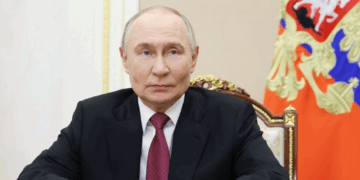




 India
India


